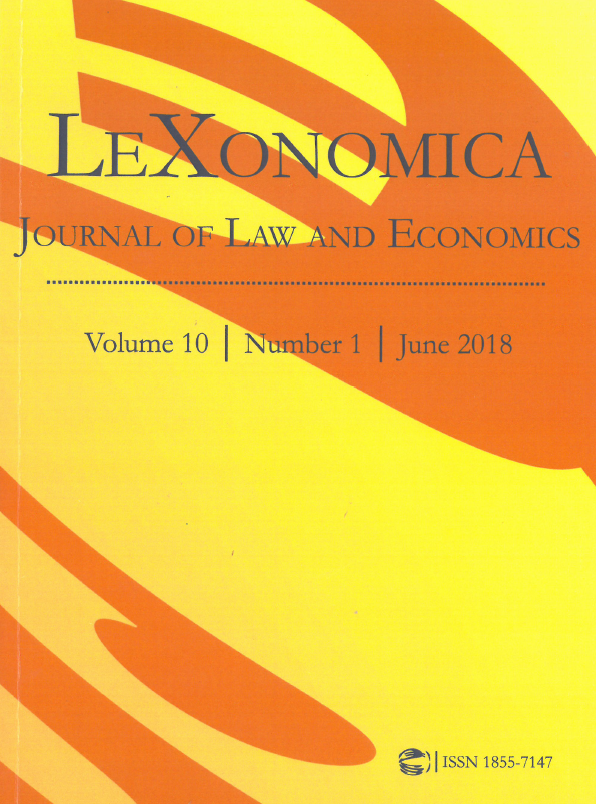An Overview of the Law of Attorney Fees in the United States: The American Rule is not so Simple After All
Abstract
It often is said that in the United States each party pays their own attorney’s fees, win or lose, absent a contractual provision to the contrary or some recognized ground in equity. This basic proposition, which is true as far as it goes, is based on the so-called American Rule, which provides that in the United States each side in a litigated case is responsible for paying their own attorney, regardless of the outcome of the case. On its face this proposition seems simple. On the contrary, however, the laws in the United States governing attorney’s fees are surprising quite complex. This article provides a general survey of the patchwork of laws, federal and to a lesser extent state, and the author will demonstrate that rules and laws governing attorney’s fees are often grounded in important public policy and fundamentally shape important issues, such as access to the courts and the legal system more generally. Unfortunately, many United States citizens have been priced out of the legal market under the current system.
Downloads
References
Benner, L. A. (2011) Eliminating Excessive Public Defender Workloads, Criminal Justice, 26(2), pp. 24–33.
Bucklin, L. (2006) Attorney Fee Awards: A Handbook for Attorneys (US: Booklocker Inc.).
Buckwalter-Poza, R. (2016) Making Justice Equal. Center for American Progress, pp. 1–9; available at: www.americanprogress.org. (accessed: 28. 5. 2018).
Cubita, P. N., Lichtman, J. S., and Rubino, D. D. (2012) Awards of Attorney’s Fees in the Federal Courts, St. John’s Law Review, 56(2), pp. 277–370.
Eisenberg, T, Miller, G. P. (2013) The English Versus the American Rule on Attorney Fees: An Empirical Study of Public Company Contracts, 98 Cornell Law Review, pp. 32 –382. available at: http://scholarship.law.cornell.edu/clr/vol98/iss2/2.
Karlan, P. S. (1995) Fee Shifting in Criminal Cases, Chicago-Kent Law Review, 71(2), pp. 583–602.
Nichols, S. (2015) Access to Cash, Access to Court: Unlocking the Courtroom Doors with Third-Party Litigation Finance, 5 UC Irvine Law Review, pp. 198–236.
Root, D. A. (2005) Attorney Fee-Shifting in America: Comparing, Contrasting, and Combining the “American Rule” and “English Rule.” 15 Indiana International & Comparative Law Review, pp. 583–617;
available at: https://mckinneylaw.iu.edu/iicir/pdf/vol15p583.pdf. (accessed: (8.9.2017).
Speck, W. H. (1951) The Use of Discovery in United States District Courts, 60 Yale Law Journal, pp. 1132–1134.
Vargo, J. F. (1993) The American Rule on Attorney Fee Allocation: The Injured Person’s Access to Justice, 42 Am. U.L. Rev. 1567, pp. 1568–1590.
